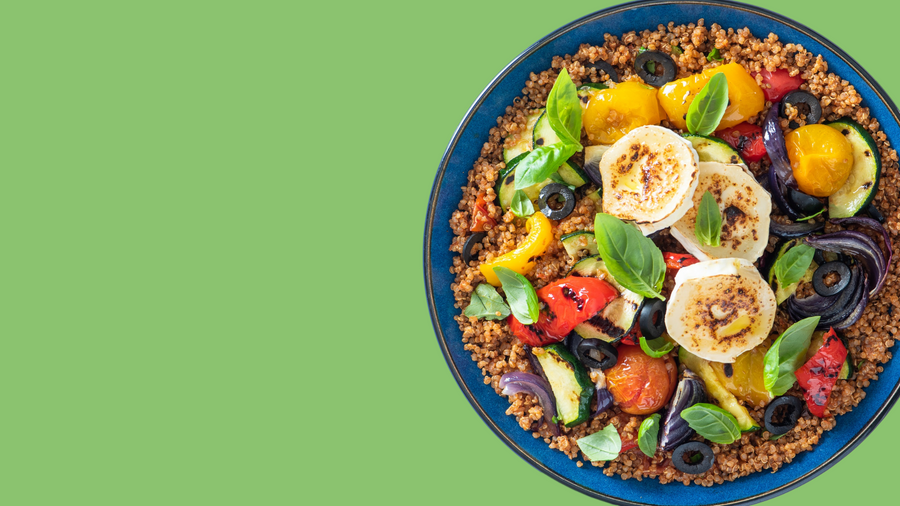Quinola Blog
Find out about what we've been up to, useful tips and info on how eating quinoa as part of a healthy diet helps prevent diabetes.
Find out about what we've been up to, useful tips and info on how eating quinoa as part of a healthy diet helps prevent diabetes.


News — Health
What makes a carbohydrate slow release?
There have been several blogs on the advantages of quinoa’s slow release carbohydrates (or sugars) for both the sportsperson and all those wanting to avoid a mid-afternoon raid of the biscuit tin. But it wasn’t until today that anyone explained why this was the case. Jonathan, a biology wiz friend of mine kindly explained. It’s a long word, but the sugars or carbohydrates you find in quinoa are polysaccharides. Basically that means that they are long chains of sugars all stuck together. For the body to be able to digest them it has to chip of little bits of sugar...
Empty Calories
It is well known that sugar pervades almost all pre-processed foods these days. Free sugars, or sugar that is not a natural part of an ingredient such as fruit, contain significant amounts of energy but have almost no nutritional value. The body’s feedback mechanism, developed for a world of food scarcity, is not well adapted to letting us know that we are consuming too much sugar- instead sugar gives our body a very strong ‘this is a good thing’ message. This is why industrial processed food is laced with sugar, from bread to pasta sauces. A simple trick of the...
The Genetically Modified Food debate
Being fundamentally convinced about the organic movement, and the insanity of much in modern agriculture (do you remember those butter mountains and wine lakes of the 1980s?), I found an article written on http://www.theletterfromamerica.org/ fascinating. This highlights to me that despite the potential for GM crops to improve drought resistance etc all the efforts have been focused on resistance to massively toxic chemical and the sale of hectolitres of pesticides and herbicides that are working their way into our food web. For those without the time to read the entire article here are the salient points: Since GM crops were introduced into...
An apple a day: the demise of nutritional content
Today, as the global demand for food increases, we are farming more intensively than ever. We are running out of space but we need more. So, we’re farming more on the same exhausted land that is kept alive by intravenous chemical application, and the nutritional values of much of the fruit and veg we eat is in free fall. Amazingly the apples of today have 100 times less Vitamin C than half a century ago, and oranges on average 20 times less Vitamin A on the same timescale. A broccoli 4 times less calcium and the list goes on. Crazy!...
Recent articles



